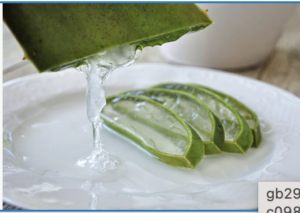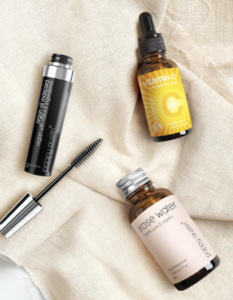By A. Geri

In recent years, there has been a growing awareness of the potential hazards associated with chemical-based sunscreens. Many people are seeking natural alternatives to protect their skin from the sun’s harmful rays without exposing themselves to potentially harmful ingredients. This guide aims to provide a comprehensive overview of natural sunscreens, their benefits, and how to choose the best one for your needs.

What Are Natural Sunscreens?
Natural sunscreens, also known as mineral sunscreens, use physical UV filters to protect the skin from the sun. Unlike chemical sunscreens, which absorb UV radiation through chemical reactions, natural sunscreens physically block and reflect UV rays. The primary active ingredients in natural sunscreens are usually zinc oxide and titanium dioxide.
Benefits of Natural Sunscreens
- Non-Toxic and Safe for Sensitive Skin: Natural sunscreens are less likely to cause irritation or allergic reactions, making them ideal for people with sensitive skin or those prone to allergies.
- Broad-Spectrum Protection: Ingredients like zinc oxide and titanium dioxide provide broad-spectrum protection against both UVA and UVB rays.
- Environmentally Friendly: Unlike some chemical sunscreens that can harm marine life and coral reefs, natural sunscreens are generally more eco-friendly.
- Immediate Protection: Natural sunscreens start working immediately upon application, unlike chemical sunscreens that need time to absorb into the skin.

Key Ingredients in Natural Sunscreens
- Zinc Oxide: A highly effective mineral that provides broad-spectrum protection. It is gentle on the skin and often used in formulations for babies and sensitive skin.
- Titanium Dioxide: Another mineral that offers strong protection against UVB rays and some UVA rays. It is less whitening than zinc oxide, making it a popular choice in combination with zinc oxide.
- Natural Oils and Extracts: Many natural sunscreens include nourishing ingredients like coconut oil, shea butter, and aloe vera, which provide additional skin benefits.
Discussing Various Natural Ingredients and DIY Recipes for Effective Sun Protection
While commercial natural sunscreens are widely available, you can also create your own DIY sunscreens using natural ingredients. These homemade options can be effective and customizable based on your preferences.
Natural Ingredients with Sun Protection Properties:
- Coconut Oil: Contains a natural SPF of 4-6. While not sufficient on its own for full sun protection, it is a good base for homemade sunscreen.
- Shea Butter: Offers an SPF of 3-4 and is deeply moisturizing, making it ideal for dry skin.
- Carrot Seed Oil: Known for its high SPF of around 35-40, carrot seed oil is an excellent addition to any DIY sunscreen.
- Red Raspberry Seed Oil: Provides an SPF of 28-50, making it one of the most potent natural oils for sun protection.
- Aloe Vera Gel: Soothes and hydrates the skin while offering mild sun protection. It is best used in combination with other ingredients. You might also be interested to read about protecting your skin naturally during summer.
- Beeswax: Helps to create a water-resistant barrier, enhancing the longevity of the sunscreen on your skin.
Choosing a natural sunscreen is a smart choice for those looking to protect their skin from the sun’s harmful rays without the potential risks associated with chemical sunscreens. By understanding the key ingredients and benefits of natural sunscreens, you can make an informed decision that best suits your skin type and lifestyle. Whether opting for commercial products or creating your own DIY formulations, you can enjoy safe, effective, and eco-friendly sun protection. Make the switch today and embrace a healthier approach to sun care.
